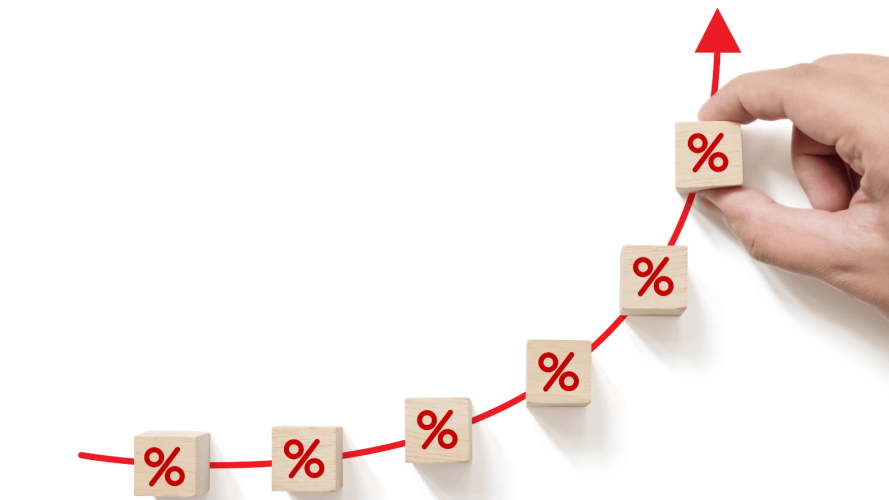Are you thinking about applying for a mortgage? Buying a house is not something you can do impulsively. Lenders review a lot of information about you before deciding to finance your home, and one of the most important factors is your credit score. If your credit score is 700, you may be wondering, “What mortgage interest rate can I get with a 700 credit score?”
The Impact of Your Credit Score
Even though it’s not the only thing lenders look at, your credit score is an important factor that has an impact on the interest rate. The interest rate you pay on your mortgage can affect your total monthly payment, and it can also affect the total amount of money you pay toward interest over the life of the loan.
Different lenders have different policies on what credit score would qualify you to be approved for a mortgage or for you to obtain the best possible interest rate. A credit score of 700 may be considered good or very good depending on the ranges set by the lender. Even though it is a good score, it’s not an exceptional one, so you probably won’t qualify for the lowest interest rates. Rates fluctuate based on the economy and other factors, but the rate you’re given with a credit score of 700 may be 0.25% to 0.5% higher than the lowest interest rates available. It’s a small percentage, but it can add up to a lot of money paid toward interest over the life of the loan.
What Else Do Lenders Look At?
While evaluating your mortgage application, mortgage lenders evaluate your job stability, your income, and your monthly expenses. This includes what you’d be paying for the mortgage along with other bills such as utilities and credit card payments. The amount you’ve saved as a down payment can also have an impact. If you’ve saved a sizable amount of money, you would need to borrow less. A smaller loan is less risky to a bank or credit union.
Potential lenders also evaluate your credit report. They look carefully for negative items such as past-due payments, accounts in collections, bankruptcy, or foreclosure. They review how responsible you’ve been with borrowed money and the amount of your overall debt.
Getting Ready to Apply for a Mortgage
Since your credit score has such a big impact on your mortgage, find out how long it takes to get a 700 credit score & work toward getting it in the best shape possible before applying for a mortgage. Always pay your bills on time. If there’s any chance that you’ll forget to make a payment on a credit card or loan, set up an automatic draft with your creditor. Payments that are paid 30 days or more late create a negative mark that stays on your credit report for seven years.
Review your own credit report before applying for a mortgage so you aren’t faced with any surprises. You might find inaccurate information on your credit report, and that may be hurting your credit score. Dovly is an AI credit engine that can help you dispute any errors you find on your credit report. Try it risk-free with our free membership tier. Get in touch with Dovly today.
And when you’re ready to start your homebuying journey, we’ve partnered with Mortgage Research Center to help connect you with trusted lenders and competitive mortgage options.



